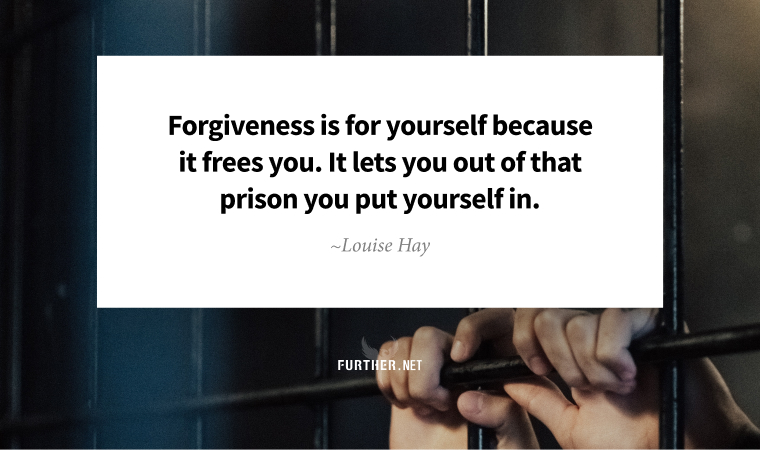
Forgiveness is a virtue that most of us suck at. In our age of outrage, grudge matches have become an art form. (Hi, Chris Rock!)
Now there’s new research that shows forgiveness isn’t just a nice moral thing to do; it supports better mental health by reducing anxiety, depression, stress, and sleeplessness.
As you read this, you might have immediately thought about someone you haven’t forgiven for screwing up or harming you. Here’s a crucial question: is that someone you? 🙋♀️
If so, you’re in good company. Only a reported 8% of people have high levels of self-forgiveness. But take it from one imperfect human to another, wallowing in regret and remorse isn’t helpful. Instead, use that headspace to amend your approach to forgiveness.
All Apologies
First, a general look at forgiveness. For most of us, it’s so bundled with the concept of forgetting that we can’t seem to let go. According to Tyler VanderWeele, one of the co-authors of the aforementioned study, that’s a flawed concept. Instead, he advises stopping equating forgiveness with absolution and keeping it simple.
My working definition is just to replace ill will toward the offender with good will.
This is a conscious process entailing finding empathy and compassion without condoning the offending action or negating your feelings. While this may sound challenging, remember the alternative is spending a lifetime harboring what anger and disappointment breed, including resentment, guilt, anger, and shame.
Now, don’t you deserve a reprieve from all that?
Mercy Mercy Me
Psychologists and forgiveness experts Nathaniel Wade and Marilyn Cornish have put together a powerful, comprehensive guide on how to forgive yourself that’s worth an in-depth review. They call their approach the “Four Rs”:
- Take responsibility for harming another person
- Express remorse while taking steps to minimize shame
- Engage in restoration through reparative behaviors and renewing personal values
- Achieve a sense of renewal through self-directed compassion, acceptance, and respect
The beauty of this process is that it applies to the full spectrum of forgiveness from relatively benign issues to more serious offenses like infidelity, abusive or neglectful behavior, stealing, and more.
Wade and Conish’s research showed that after just a couple of months of engaging in the Four Rs approach, people showed less psychological distress, anxiety, depression, and relationship strain. Plus, because responsibility and behavior change are central to the process, they found that it’s possible to achieve a state of grace without anyone else’s permission.
We maintain that forgiveness from the person you hurt is not a requirement for forgiving yourself.
If nobody’s stopping you from righting your wrongdoings, then what are you waiting for? The only thing unforgivable is not giving yourself a chance to evolve.
How to Forgive Yourself (Psyche)
The Emotional Relief of Forgiving Someone (New York Times)
